Bacteria
-

Probing innate immunity
Manuel Ascano team validates an inhibitor of the cGAS-STING signaling pathway, which is important for cellular innate immunity against bacteria, viruses, and our own damaged DNA. Read MoreMay 19, 2020
-

A probiotic treatment for obesity?
Engineered bacteria that produce beneficial compounds — and that could potentially be administered in foods like yogurt — may be a future treatment for obesity and other chronic diseases. Read MoreAug 8, 2019
-

Mouth health and colorectal cancer
Microbial species in the mouth could be playing a role in colorectal cancer development, according to new research from epidemiologists at VUMC. Read MoreJun 6, 2019
-
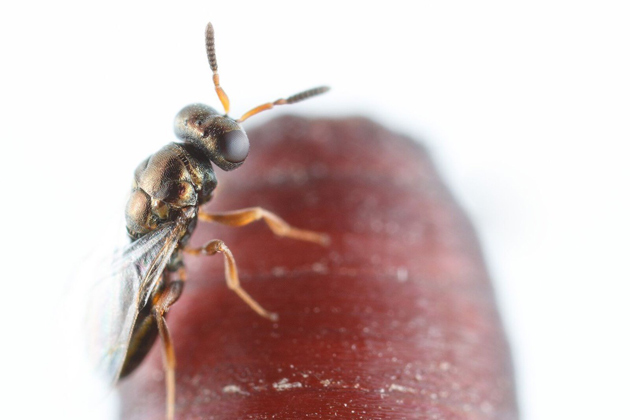
Insect gene allows reproductive organs to cope with harmful bacteria
Bordenstein’s team studied Nasonia parasitic wasps, which are about the size of a sesame seed, and they serve as one of the best models to dissect and characterize the evolution of insect genomes. Read MoreMay 17, 2018
-

Lighting up iron levels
A new probe enables iron imaging in living animals, providing a unique tool for studying iron’s contributions to health and disease. Read MoreJan 11, 2018
-

Sugars in human mother’s milk are non-toxic antibacterial agents
A new study has found that sugars in mother's' milk do not just provide nutrition for babies but also help protect them from bacterial infections. Read MoreAug 20, 2017
-

Predicting the infection response
Vanderbilt investigators are probing the response to a bacterial toxin as a clinical assessment of immune function. Read MoreApr 19, 2017
-
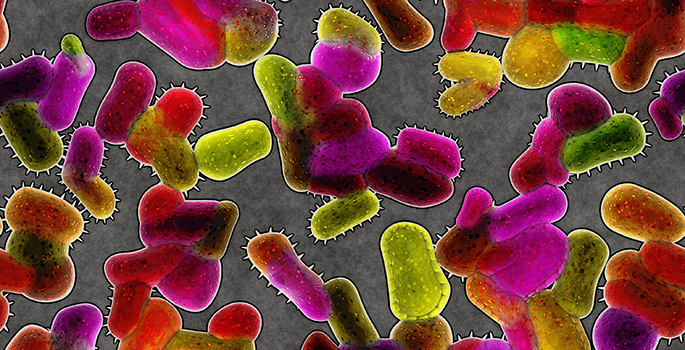
Bacterial signaling systems
Vanderbilt researchers have identified a unique example of communication between bacterial signaling systems, which may have relevance for antibiotic resistance. Read MoreFeb 3, 2017
-

Slight chemical change may improve TB treatments: study
One small chemical change to an existing antibacterial drug results in a compound that is more effective against its target enzyme in tuberculosis, Vanderbilt researchers have discovered. Read MoreFeb 11, 2016
-
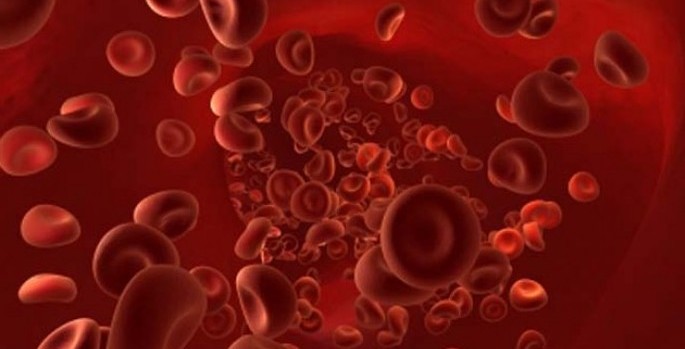
Immune tolerance in endothelial cells
Inducing “tolerance” to bacterial toxins in the endothelial cells that line blood vessels may offer a new approach for preventing the negative consequences of sepsis. Read MoreJan 7, 2016
-
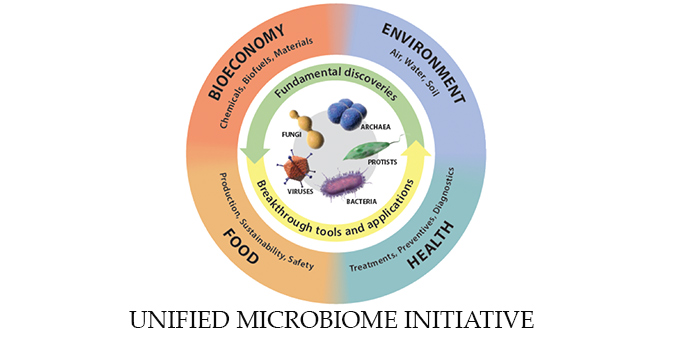
Vanderbilt chemist part of major microbiome research initiative
Vanderbilt chemist helps craft call for major new research initiative to increase our understanding of the invisible world of microbes that surround us. Read MoreNov 4, 2015
-
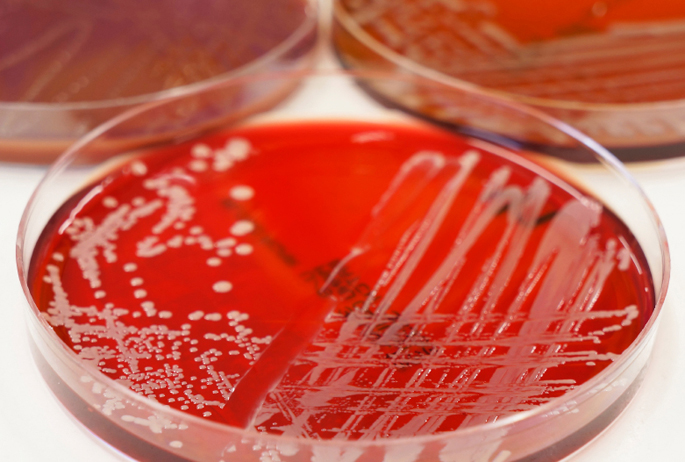
Detect and defend against pathogens
Understanding factors, such as the receptor TLR9, that detect and defend against pathogens may lead to therapeutic approaches that promote an effective immune response to treat infections. Read MoreNov 4, 2015
-

Study identifies C. diff toxin receptor, suggests new treatment approaches
Vanderbilt University investigators have identified a cellular receptor for a toxin from Clostridium difficile (“C. diff”) — the leading cause of hospital-acquired diarrhea in the United States. Read MoreJun 4, 2015
-
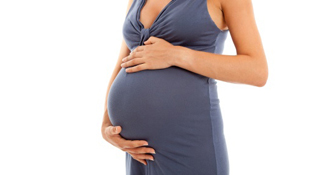
Preventing early pregnancy complications
The enzyme alkaline phosphatase may provide a new therapeutic option for women at high risk of pregnancy complications due to bacterial toxin exposure. Read MoreMay 20, 2015
-

Early human populations may have been shaped by bacteria the body hosts
Vanderbilt mathematician Glenn Webb and NYU microbiologist Martin Blaser propose that the microbes which live on our bodies may have influenced the age structure of human populations in prehistoric times. Read MoreDec 16, 2014
-
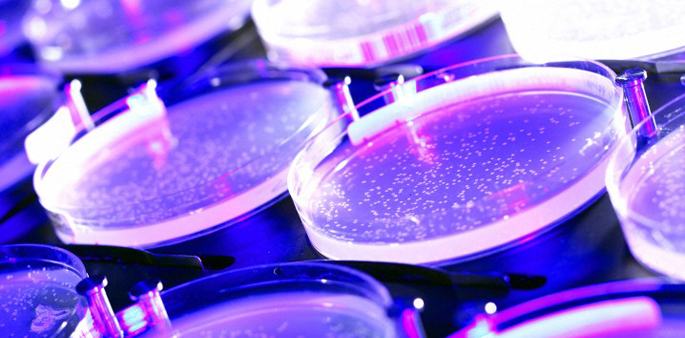
Bacterial secretion machinery: 3-D view
New structural findings reveal how "gatekeeper" proteins participate in the secretion systems bacteria use to infect host cells. Read MoreDec 11, 2014
-
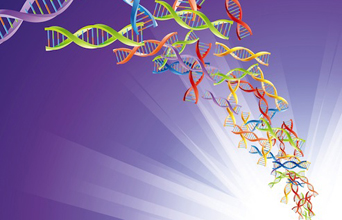
Peptide quells “genomic storm”
A cell-penetrating peptide developed at Vanderbilt blocks the signaling pathways that lead to lethal shock caused by bacterial infection. Read MoreOct 28, 2014
-

Anthrax bacteria’s signaling systems
Vanderbilt researchers have identified a new signaling system that anthrax bacteria uses to infect its host. Read MoreApr 15, 2014
-

Bacterial resistance breaks bridges
Understanding how bacteria become resistant to quinolone antibiotics could guide strategies for developing new antibacterial drugs. Read MoreMar 14, 2013
-

Bacteria expert Hultgren to deliver Discovery Lecture
Scott Hultgren, Ph.D., an expert on the interactions between bacteria and human hosts, will deliver the next Flexner Discovery Lecture on Thursday, March 7. Read MoreFeb 28, 2013